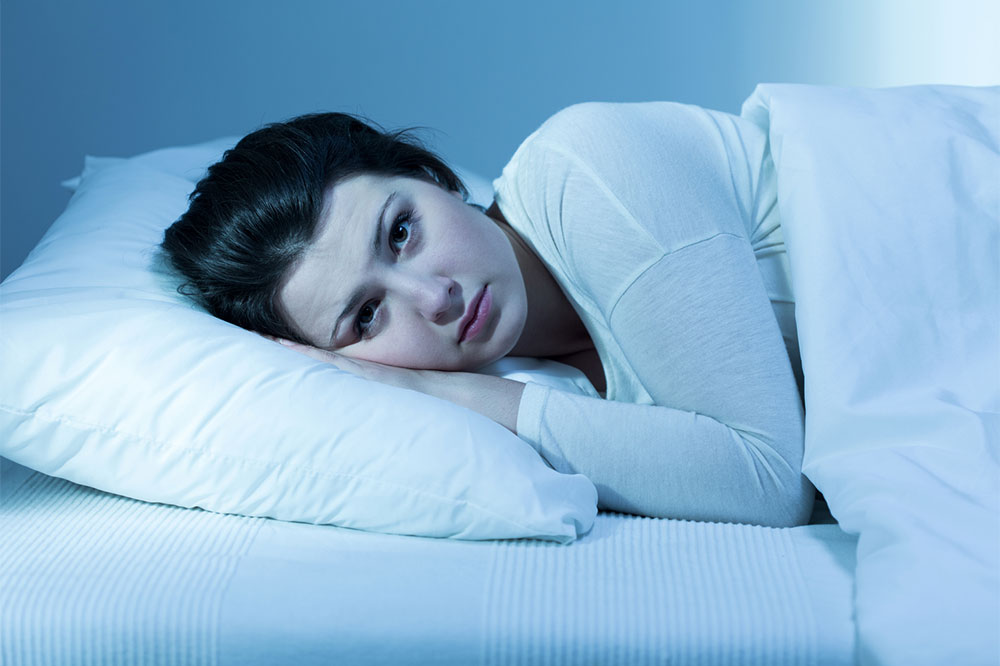Comprehensive Self-Help Techniques to Overcome Sleep Disorders and Achieve Restful Nights
Learn effective self-help techniques to overcome sleep disorders and enjoy restful nights. This comprehensive guide covers establishing routines, optimizing your sleep environment, dietary habits, and lifestyle adjustments to improve sleep quality naturally at home, suitable for those seeking non-medical solutions. Prioritize your sleep health today for better overall well-being.

Comprehensive Self-Help Techniques to Overcome Sleep Disorders and Achieve Restful Nights
In today’s fast-paced world, quality sleep has become more vital than ever for maintaining optimal health, mental clarity, and overall well-being. However, many individuals experience sleep disturbances such as chronic insomnia, sleep apnea, restless leg syndrome, or simply struggle with night after night of poor sleep. These issues can significantly impair daily functioning, mood, and even long-term health if not addressed properly. While medical interventions and professional treatments are necessary for some sleep disorders, a variety of effective self-help strategies can be implemented at home to improve sleep quality and establish healthier sleep habits.
Understanding the importance of a consistent sleep routine, creating a conducive sleep environment, and making mindful lifestyle choices can dramatically transform your sleep patterns. Developing a bedtime ritual, setting a regular sleep schedule, and avoiding common sleep disruptors are key steps toward restful nights. This expanded guide will explore practical techniques, tips for modifying your sleep environment, dietary considerations, and behavioral adjustments that can help you manage and alleviate sleep difficulties more effectively.
Establishing a Consistent Sleep Schedule
The foundation of good sleep hygiene begins with maintaining a reliable sleep-wake cycle. Going to bed and waking up at the same time every day—even on weekends—helps regulate your body’s internal biological clock, known as the circadian rhythm. This regularity makes falling asleep and waking up naturally easier, reducing the likelihood of insomnia and daytime fatigue. To implement this, set a fixed bedtime that allows for at least 7-9 hours of sleep, and stick to it carefully. Over time, your body will adapt, and sleep will become more satisfying and restorative.
Creating a Relaxing Bedtime Routine
A calming pre-sleep routine prepares your mind and body for restful sleep. Engaging in relaxing activities such as listening to soothing music, reading a book, practicing gentle stretches, or taking a warm bath can signal to your body that it’s time to unwind. Avoid stimulating activities or stressful conversations close to bedtime, as they can elevate cortisol levels and delay sleep onset. Incorporating mindfulness or meditation techniques can further ease mental agitation, helping you drift into sleep more effortlessly.
Optimizing Your Sleep Environment
Your bedroom environment plays a crucial role in sleep quality. Aim to make your sleep space quiet, dark, and cool—ideally between 60-67°F (15-19°C). Use blackout curtains or an eye mask to block out light, as darkness stimulates melatonin production, the hormone responsible for sleepiness. Reduce noise with earplugs or white noise machines if needed. Invest in a comfortable mattress and pillows that support your preferred sleeping positions. Removing electronic devices from your bedroom and turning off screens at least an hour before sleep helps minimize blue light exposure, which can interfere with melatonin synthesis.
Lifestyle and Dietary Adjustments
What you consume before bedtime can significantly impact your ability to fall asleep and stay asleep. Avoid heavy or rich foods, spicy meals, caffeine, and alcohol in the hours leading up to bedtime. Caffeine, found in coffee, tea, and many soft drinks, is a stimulant that can delay sleep onset, while alcohol may initially make you drowsy but often leads to disrupted sleep cycles. Instead, opt for light, easily digestible snacks if hungry. Staying hydrated is important but limit fluid intake close to bedtime to prevent nighttime awakenings.
Behavioral and Lifestyle Strategies
Physical activity during the day can promote better sleep, but avoid vigorous exercise within a few hours of bedtime. Regular exercise helps reduce anxiety and promotes sleepiness, but exercising too late can have the opposite effect. Managing stress through relaxation techniques, such as deep breathing, progressive muscle relaxation, or journaling, can reduce bedtime anxiety and promote deeper sleep. Additionally, limiting naps during the day to 20-30 minutes, particularly in the late afternoon or evening, can prevent interference with your nightly sleep schedule.
Addressing Persistent or Severe Sleep Issues
If sleep problems persist despite these self-care practices, it is advisable to seek professional help. Consulting a sleep specialist can diagnose underlying conditions like sleep apnea, restless leg syndrome, or underlying medical issues that may require specific treatments. Sleep studies or other assessments might be necessary to identify the root causes and develop a tailored treatment plan. Remember, persistent sleep disturbances should not be ignored, as they can impact your health and quality of life in multiple ways.
By adopting these comprehensive self-help strategies, you can significantly improve your sleep quality, boost daytime energy, and enhance overall health. Making consistent efforts to refine your sleep habits and environment will foster better nights and healthier days.





